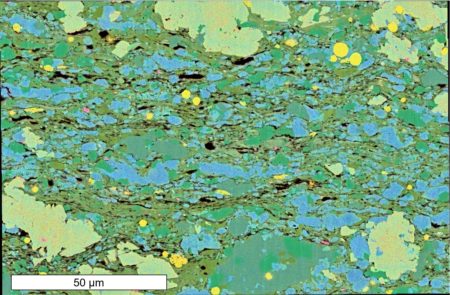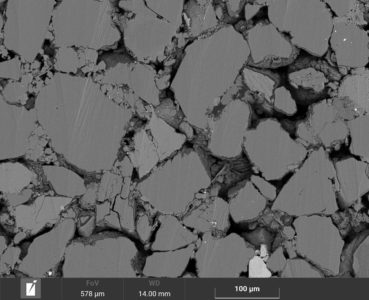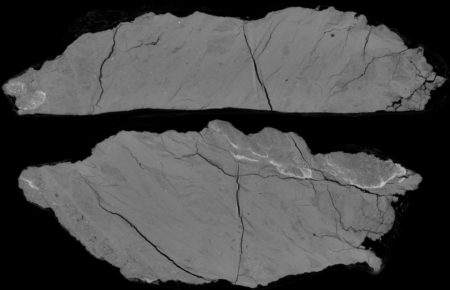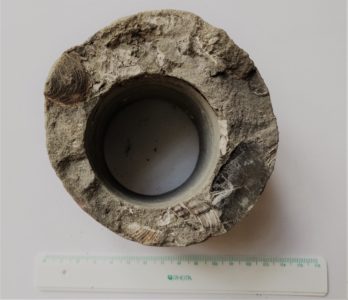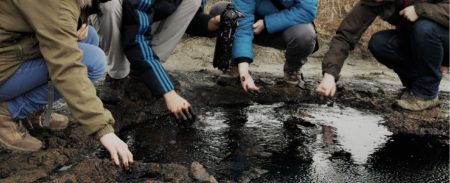Workshop XIX, David Misch, 9 February 2021
In the first part of his presentation, “Basics of the Petroleum System: The Petroleum geologist’s playground”, David Misch, Deputy Scientific Head of the Chair of Petroleum Geology at Montanuniversität Leoben, draws our attention to the main elements of the petroleum system: source rock, reservoir rock, seal rock and overburden rock. The processes involved here are trap formation, the generation of petroleum, as well as its migration, accumulation and finally preservation in the subsurface over considerable geological timescales.
Misch tells us that the oil accumulated in reservoirs needs to be accessible and that the seal keeps the oil in place, holding back hydrocarbons from further migration to the surface, and thus oil seeps. Not all oil seeps are the result of the industry’s negligence, some are natural, such as in Canadian tar sands or sub-sea oil shows in the Gulf of Mexico, where the oil is an important nutrient for the benthic ecosystem.
He moves on to talk about the Austrian Molasse and Vienna basins, as well as their individual tectonic setting and resulting reservoir distribution. He also tells us about how oil and gas were generated in the source rock and migrated into the stacked reservoirs of the Vienna Basin. Petroleum geologists determine the composition of rocks and the hydrocarbons they contain, in order to find out where the hydrocarbons are stored and how they may be produced.
Finally, Misch shares a list of key questions and issues related to source, reservoir and seal that propel petroleum geologists’ research forward, such as “What is the source of the oil?”, “Which deposits share one source?” and “Where are the potential reservoirs and hydrocarbon traps?”
Can fossil fuels really be replaced? Misch begins the second part of his presentation, “Social Impact of Exploration and Production – A view from the ‘bad guys’”, by telling us that, in his view, working in petroleum-related research does not make him a “bad guy”. Oil consumption is correlated with life expectancy and wealth in Western societies. Furthermore, there are issues with the energy efficiency of renewables: solar, biomass and wind are among the most expensive to produce and store and currently have the lowest Energy Return on Investment of Energy (EROIE).
Misch believes that global players in the energy sector like BP and Shell are going to increasingly move to renewables as part of a new business strategy. In his opinion, however, the question of sustainability has not yet been answered for most of these new energy sources. He believes that energy-related research is as much a political issue as it is a scientific topic, and that decision-making should be kept on a factual basis as much as possible.
While he does not want to downplay the influence of humans on climate change, Misch argues that climate change is also a geological fact. He sees the argument as split between pollution and CO2 emissions. From his perspective as a geologist educated in the long-term processes active on earth, he is more concerned about pollution, which in his opinion is often less prominently discussed compared to the CO2 issue. He doubts that fossil fuels will be fully replaced in the near future and argues that they still represent a viable and valuable natural resource, which could continue to be used, but with careful consideration of their environmental impact.

